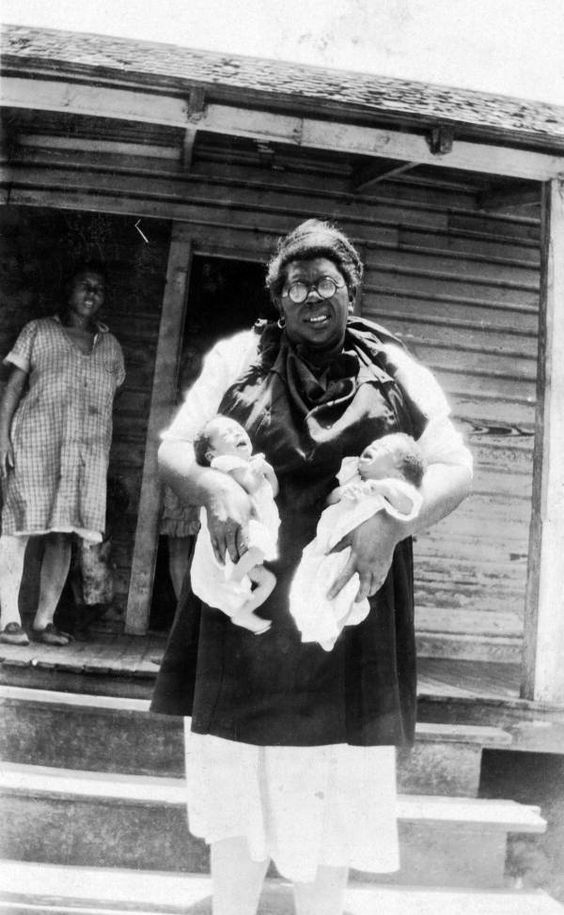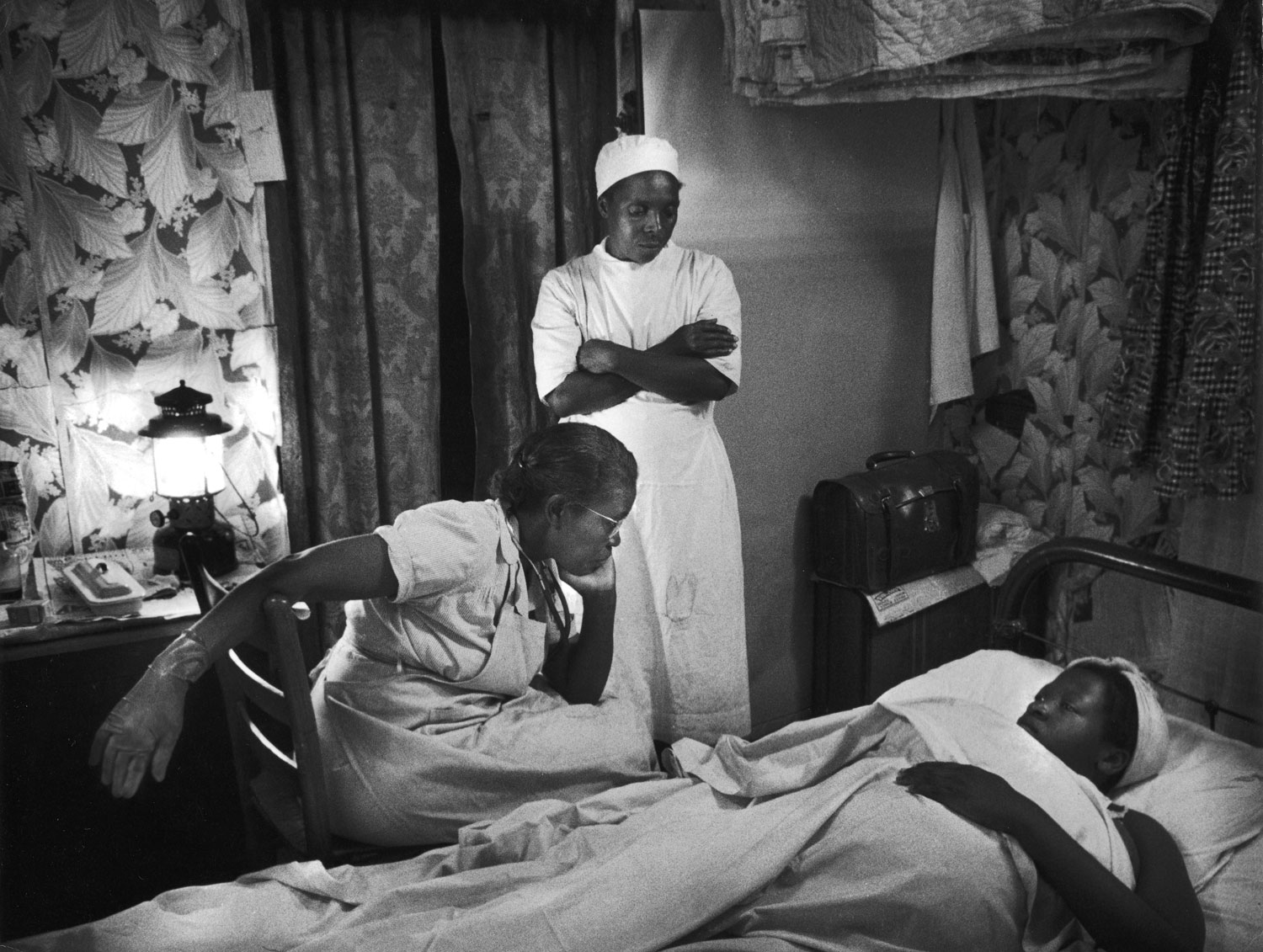Midwifery has a rich and diverse history in the United States, with deep roots in the traditions and practices of women caring for women during childbirth. Among the most influential figures in this history are the granny midwives—African American women who served as midwives in rural Southern communities from the 19th century through the mid-20th century. These women played a crucial role in shaping the practice of midwifery in the U.S., providing culturally competent care to marginalized communities and preserving traditional birthing knowledge.

The Role of Granny Midwives
Granny midwives were often pillars of their communities, deeply respected for their wisdom, experience, and spiritual guidance. They cared for mothers and babies during pregnancy, labor, and the postpartum period, offering not only medical support but also emotional and spiritual care. These women learned their craft through apprenticeships with older midwives, oral tradition, and personal experience, blending Indigenous, African, and European practices. They were essential to communities where medical care was scarce, particularly in the segregated South.
Granny midwives were more than just caregivers; they were advocates for women’s health and community well-being. Many also served as herbalists, counselors, and educators, passing on knowledge of natural remedies and traditional health practices. Their holistic approach to birth acknowledged the physical, emotional, and social dimensions of childbirth, providing a model that resonates with contemporary midwifery care.

The Decline of Granny Midwifery
By the mid-20th century, the rise of hospital-based maternity care, driven by advances in medical technology and a growing belief in the superiority of obstetrics, led to the decline of traditional midwifery practices. States began instituting licensing requirements and regulations that marginalized granny midwives, often labeling their practices as outdated or unsafe. This shift disproportionately affected communities that relied on midwives for accessible care.
Despite their decline, the legacy of granny midwives lives on. Their contributions laid the groundwork for today’s midwifery movement, which emphasizes personalized, holistic, and culturally sensitive care. Modern midwives continue to draw inspiration from their practices, recognizing the value of empowering women to make informed choices about their birthing experiences.
The Broader History of Midwifery in the U.S.
Midwifery as a profession has evolved significantly over time. In colonial America, midwives were central figures in childbirth, helping women deliver babies in the home. As the medical field expanded in the 19th century, obstetrics emerged as a specialty, gradually shifting childbirth from the home to the hospital. This transition led to the marginalization of midwives, though their work persisted, especially in underserved areas.
Today, the resurgence of midwifery is fueled by a growing desire for more personalized, natural, and family-centered birth experiences. Certified nurse-midwives (CNMs) and certified professional midwives (CPMs) provide care in various settings, including homes, birth centers, and hospitals, blending evidence-based practices with the timeless wisdom of traditional midwifery.
Join My Lamaze Childbirth Education Workshop
Are you interested in reclaiming the wisdom of childbirth and preparing for an empowering birth experience? My Lamaze Childbirth Education Workshop is designed to equip you with evidence-based knowledge and natural pain relief techniques for labor. Learn how to work with your body, explore comfort measures, and build confidence for the birth journey ahead. Whether you’re a first-time parent or adding to your family, this workshop will help you navigate childbirth with knowledge, support, and empowerment.
Click: Lamaze Childbirth Education Workshop or contact me today to secure your spot in an upcoming session. Together, we’ll prepare for a positive and empowering birth!
Love, Your Doula,
Sabine



0 Comments